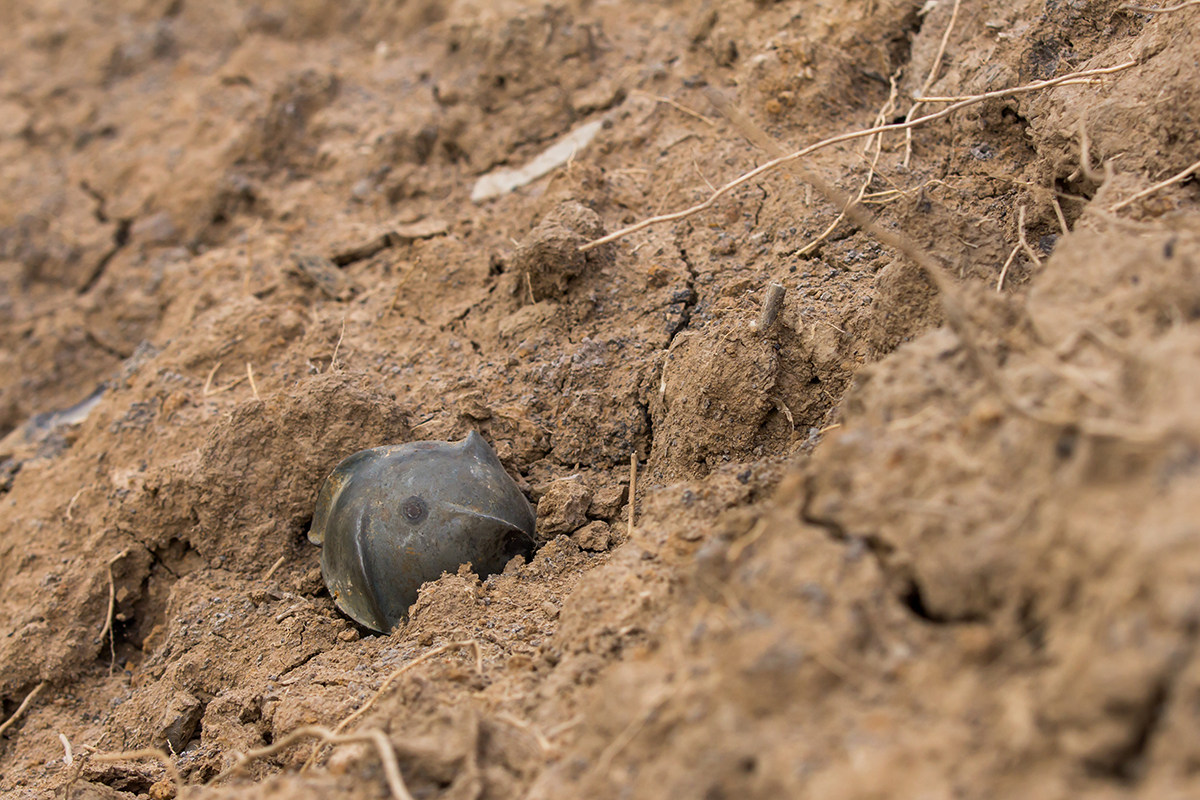In a bold move that has sparked international controversy, Ukraine has expressed its interest in utilizing cluster munitions, despite their widespread condemnation for being immoral and banned in over 120 countries. The decision to provide these weapons to Ukraine has been made by the United States, eliciting mixed reactions from military experts, human rights groups, and some NATO countries.
Cluster munitions, which open in the air and release smaller “bomblets” over a wide area, have long been criticized for their indiscriminate nature, posing a significant risk to civilians even after a conflict ends. Nevertheless, military experts argue that these munitions could prove effective against Russian forces, prompting Ukraine’s interest in acquiring them. With the support of the United States, Ukraine aims to bolster its counteroffensive and enhance its capability to repel Russian troops.
One of the primary advantages of cluster munitions is their ability to target tanks, equipment, and troops simultaneously, thereby significantly impacting Ukraine’s battlefield effectiveness. These weapons have a higher lethality compared to conventional artillery rounds, making them particularly effective in clearing trenches. Moreover, cluster munitions require fewer rounds to achieve a given battlefield effect, enabling Ukraine to sustain the fight for longer, despite its ammunition shortages.
However, the decision to employ cluster munitions has faced staunch opposition from human rights organizations, such as the Cluster Munition Coalition, who argue that their use would cause significant harm to civilians and undermine the international consensus on their prohibition. Several NATO countries have also criticized the move, expressing concerns about the potential escalation of the conflict and the long-term consequences of deploying such weapons.
One of the main concerns surrounding cluster munitions is their high dud rate, resulting in unexploded bomblets that pose a substantial risk to civilians, including children, even after a conflict has ended. While the United States claims that the cluster munitions to be provided to Ukraine have a reduced dud rate, doubts have been raised about the reliability of the data supporting this assertion.
The controversy surrounding the use of cluster munitions raises a critical question regarding the prioritization of national security over civilian safety. Ukraine justifies its interest in these weapons by weighing the potential harm to their own population against the ongoing casualties suffered daily in the war. The country faces an arduous decision as it navigates the ethical and strategic implications of employing cluster munitions.
As Ukraine and its allies push forward with their military strategies, the international community remains divided on the issue. While some argue that the potential benefits of cluster munitions against Russian forces may outweigh the risks, others emphasize the urgent need to protect civilian lives and adhere to the global consensus on banning these weapons.
As the conflict between Ukraine and Russia continues to unfold, the use of cluster munitions hangs in the balance. The repercussions of this decision, both in terms of immediate military effectiveness and long-term humanitarian consequences, will undoubtedly shape the discourse surrounding warfare ethics and the boundaries of international law.







